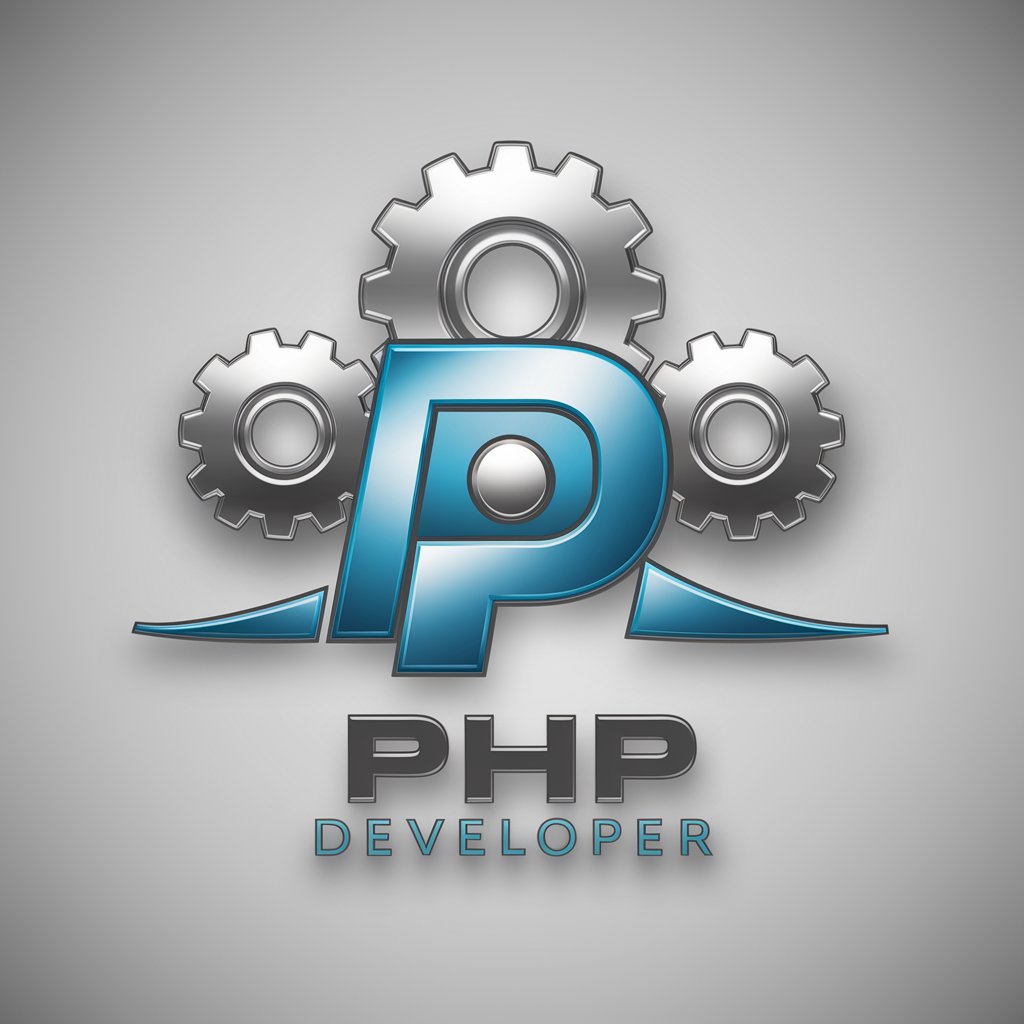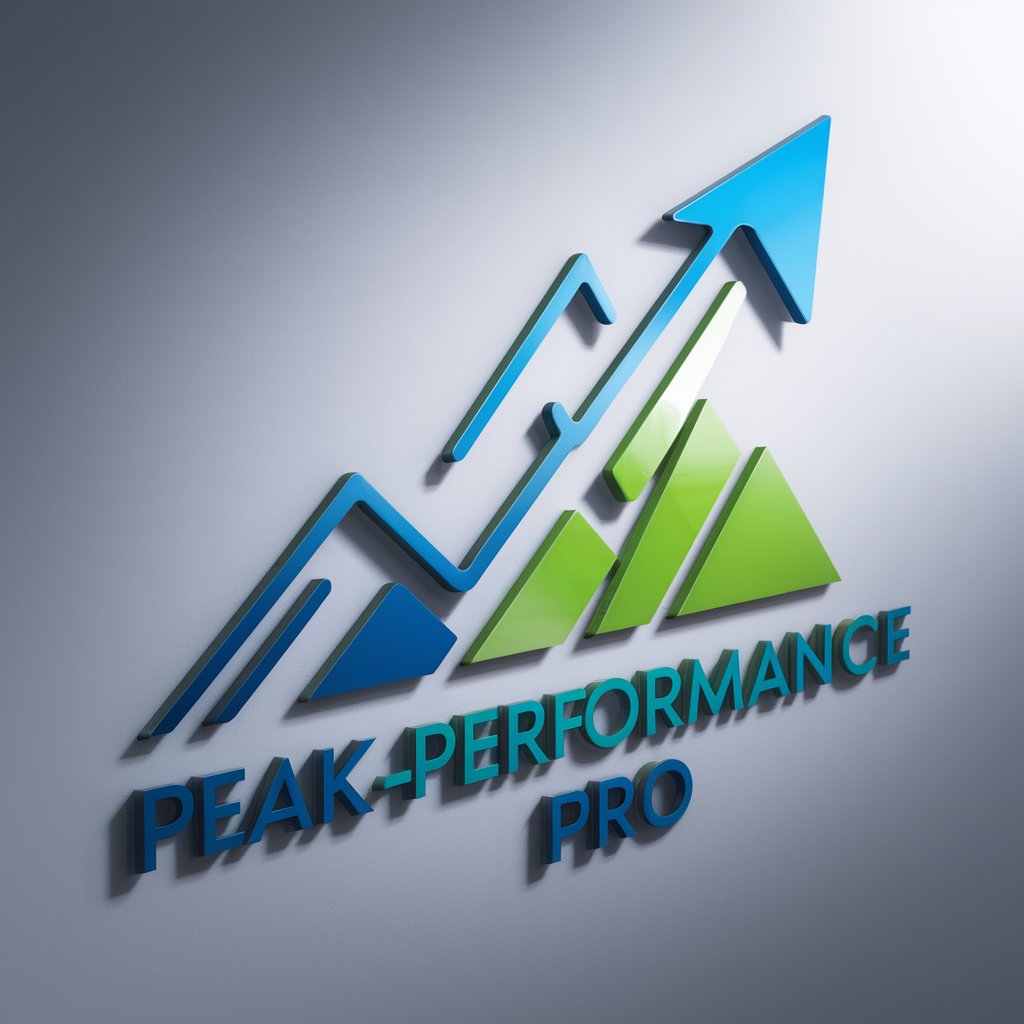PHP Performance Tune-Up: Revamp Your App - PHP Optimization Tool

Hello! Let's boost your PHP app's performance.
AI-driven PHP performance tuning and optimization.
How can I optimize my PHP application's database queries?
What are the best practices for using a PHP profiler?
Can you guide me through setting up a caching strategy in PHP?
How do I reduce the memory usage of my PHP application?
Get Embed Code
Overview of PHP Performance Tune-Up: Revamp Your App
PHP Performance Tune-Up: Revamp Your App is designed to enhance the performance of PHP applications by identifying and resolving inefficiencies within the codebase and infrastructure. Utilizing a combination of profiling tools, code analysis, and best practices in performance optimization, this service aims to reduce execution time, minimize memory usage, and improve overall application responsiveness without compromising functionality. For instance, a typical scenario might involve a PHP-based e-commerce platform experiencing slow page loads during high traffic periods. By applying a methodical approach to performance tuning, including detailed profiling to pinpoint bottlenecks in database queries, implementing optimized caching strategies, and refactoring inefficient code patterns, the e-commerce platform can achieve significantly improved load times and a smoother user experience. Powered by ChatGPT-4o。

Core Functions and Real-World Application
Profiling and Bottleneck Identification
Example
Using Xdebug or Blackfire to collect performance data on a web application, highlighting areas of high resource consumption.
Scenario
A social media platform notices that profile page loads are particularly slow. Profiling reveals that unnecessary database queries are the culprit, leading to targeted optimizations.
Code Refactoring and Optimization
Example
Converting N+1 query patterns to eager loading in an ORM framework to reduce database hits.
Scenario
An online forum's thread loading times are improved by refactoring the database query logic, significantly reducing the number of queries required to display a thread.
Caching Implementation and Strategy
Example
Integrating Redis or Memcached to cache frequently accessed data, such as user sessions or popular content.
Scenario
An e-commerce site implements object caching for product listings, drastically decreasing page load times and reducing database load during peak hours.
Database Optimization
Example
Applying indexing on frequently queried database columns and optimizing query statements.
Scenario
A booking system experiences delays in search functionality. Indexing key columns and optimizing search queries lead to a more responsive user experience.
Front-end Optimization
Example
Minimizing CSS and JavaScript files, and implementing lazy loading for images.
Scenario
A photography portfolio website reduces initial page load time by optimizing image loading, improving the site's performance on both desktop and mobile devices.
Target User Groups for PHP Performance Tune-Up Services
Web Developers and Development Teams
Developers responsible for maintaining and enhancing PHP applications. They benefit from detailed insights into application performance, leading to improved code quality and user experience.
Technology Startups and SMEs
Startups and small to medium enterprises (SMEs) with limited resources that need to maximize application efficiency and scalability to support growth, without the need for significant infrastructure investments.
E-commerce Platforms
E-commerce sites require fast, reliable performance to handle high traffic volumes and provide a smooth shopping experience. Performance tuning services can directly impact sales and customer satisfaction.
Educational Institutions and Online Learning Platforms
These entities often manage large, dynamic content databases and a high volume of user interactions. Optimizing performance can enhance the learning experience and access to educational resources.

Using PHP Performance Tune-Up: Revamp Your App
Step 1
Access the tool at yeschat.ai for a complimentary trial, no signup or ChatGPT Plus required.
Step 2
Choose a PHP profiler like Xdebug or Blackfire.io to collect performance data. Ensure your PHP application is properly configured to generate profiling information.
Step 3
Analyze the profiling reports to identify bottlenecks in execution time and memory usage. Focus on areas with the most significant impact on performance.
Step 4
Implement optimizations based on the analysis. This might involve code refactoring, query optimization, or implementing caching strategies.
Step 5
Test the optimized application to ensure functionality remains intact. Document the performance improvements and compare against baseline metrics.
Try other advanced and practical GPTs
Patent Analyst Pro
Empowering Innovation with AI-driven Patent Analytics

AI Veterinarian. Lets get your pet feeling better!
AI-powered veterinary insights at your fingertips.

psy_perform
Maximize Your Potential with AI-Driven Coaching

Air Conditioning Service Colorado Springs Ai Aid
Streamlining AC Solutions with AI

MJ V6 Prompt Creator
Empowering Creativity with AI-Driven Prompts

Black & White Coloring Page Creator
AI-Powered Personalized Coloring Page Creation

Worksheet Wizard
AI-powered Learning, Customized for You

Strateg Zrównoważonego Rozwoju
Empowering Sustainable Business Transformation

Logo and Text Design Expert
AI-powered Design Simplified

AI 교수님(AI prof.)
Empowering academic success with AI.

哲学的ゾンビ
Unleashing Creativity with AI-Powered Conversations

論文 Translator
Translating AI and Cybersecurity Texts with Precision

Q&A on PHP Performance Tune-Up: Revamp Your App
What is the primary purpose of PHP Performance Tune-Up?
The primary purpose is to analyze and improve the performance of PHP applications by identifying and rectifying bottlenecks in code, database queries, and other areas that impact execution time and memory usage.
Which PHP profilers are recommended for use with this tool?
Xdebug and Blackfire.io are highly recommended due to their comprehensive profiling capabilities, ease of integration, and detailed performance metrics they provide.
How does PHP Performance Tune-Up ensure functionality is not compromised?
It emphasizes thorough testing after optimizations to ensure that performance enhancements do not affect the application's core functionality and user experience.
Can PHP Performance Tune-Up handle large-scale PHP applications?
Yes, it is designed to efficiently analyze and optimize large-scale PHP applications, focusing on scalability and managing complex performance issues.
What are some common performance optimization strategies used by this tool?
Common strategies include code refactoring to reduce complexity, optimizing database queries to minimize execution time, and implementing caching to reduce resource consumption and improve response time.
